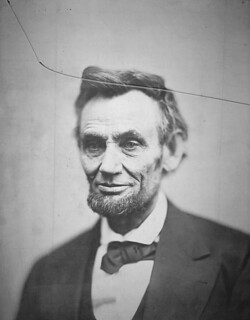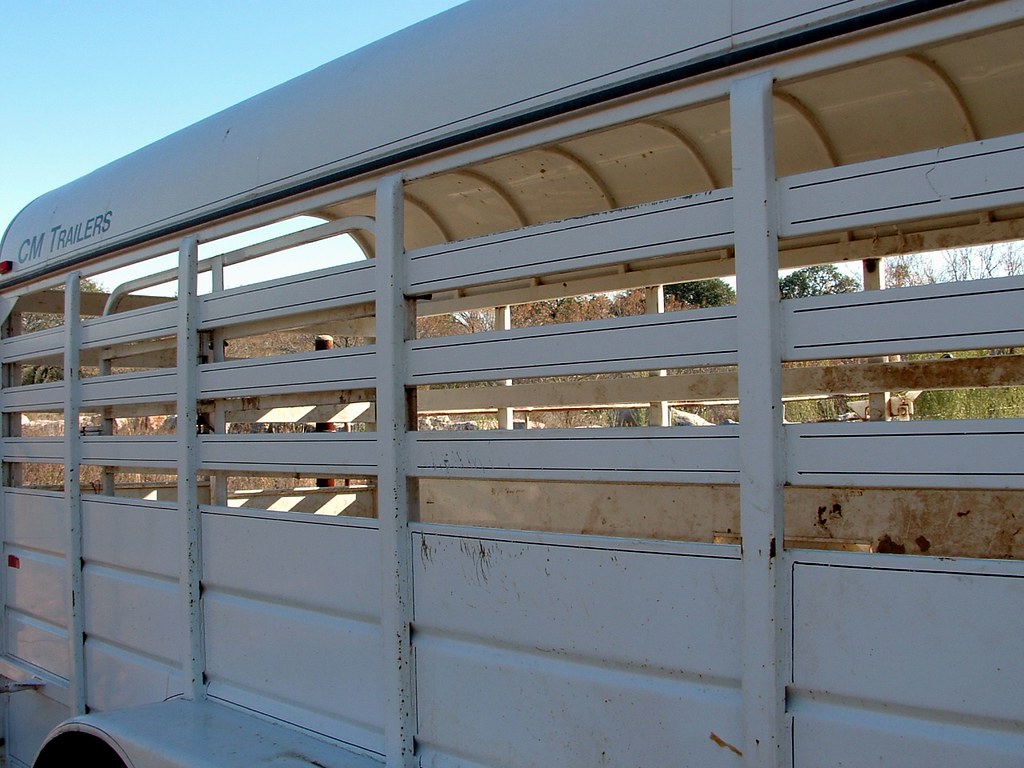 On October 2, 2020, a federal judge for the Central District of California denied a motion for a temporary restraining order (“TRO”) to enjoin the Discovery Channel from airing “The Lost Lincoln,” a documentary about an allegedly long-lost photograph of Abraham Lincoln on his deathbed. Only 130 photographs of Lincoln are known to exist.
On October 2, 2020, a federal judge for the Central District of California denied a motion for a temporary restraining order (“TRO”) to enjoin the Discovery Channel from airing “The Lost Lincoln,” a documentary about an allegedly long-lost photograph of Abraham Lincoln on his deathbed. Only 130 photographs of Lincoln are known to exist.
Plaintiffs Jerry Spolar and Terry Williamson own the photograph, known as an ambrotype, and spent years researching and authenticating it. In 2018, they partnered with Whitny and James Braun to make a documentary about the photo and shared the details of their authentication efforts with the Brauns pursuant to non-disclosure agreements. The project fell through at first, but late last month, Plaintiffs learned that their former partners had created a documentary about the photograph for the Discovery Channel.
Continue Reading Court Denies TRO in “The Lost Lincoln” Misappropriation Case
 On May 6, 2020, the U.S. District Court for the District of Maine denied plaintiff Alcom’s request for a temporary restraining order (“TRO”), which sought to enjoin a competitor’s alleged misappropriation of trade secrets. The court denied the request for a TRO, holding that Alcom’s speculation about the potential harm it would suffer absent the TRO was not enough to show a likelihood of irreparable harm, as required to obtain a TRO. The case serves as a reminder that when proving irreparable harm, courts require more than just speculation.
On May 6, 2020, the U.S. District Court for the District of Maine denied plaintiff Alcom’s request for a temporary restraining order (“TRO”), which sought to enjoin a competitor’s alleged misappropriation of trade secrets. The court denied the request for a TRO, holding that Alcom’s speculation about the potential harm it would suffer absent the TRO was not enough to show a likelihood of irreparable harm, as required to obtain a TRO. The case serves as a reminder that when proving irreparable harm, courts require more than just speculation.